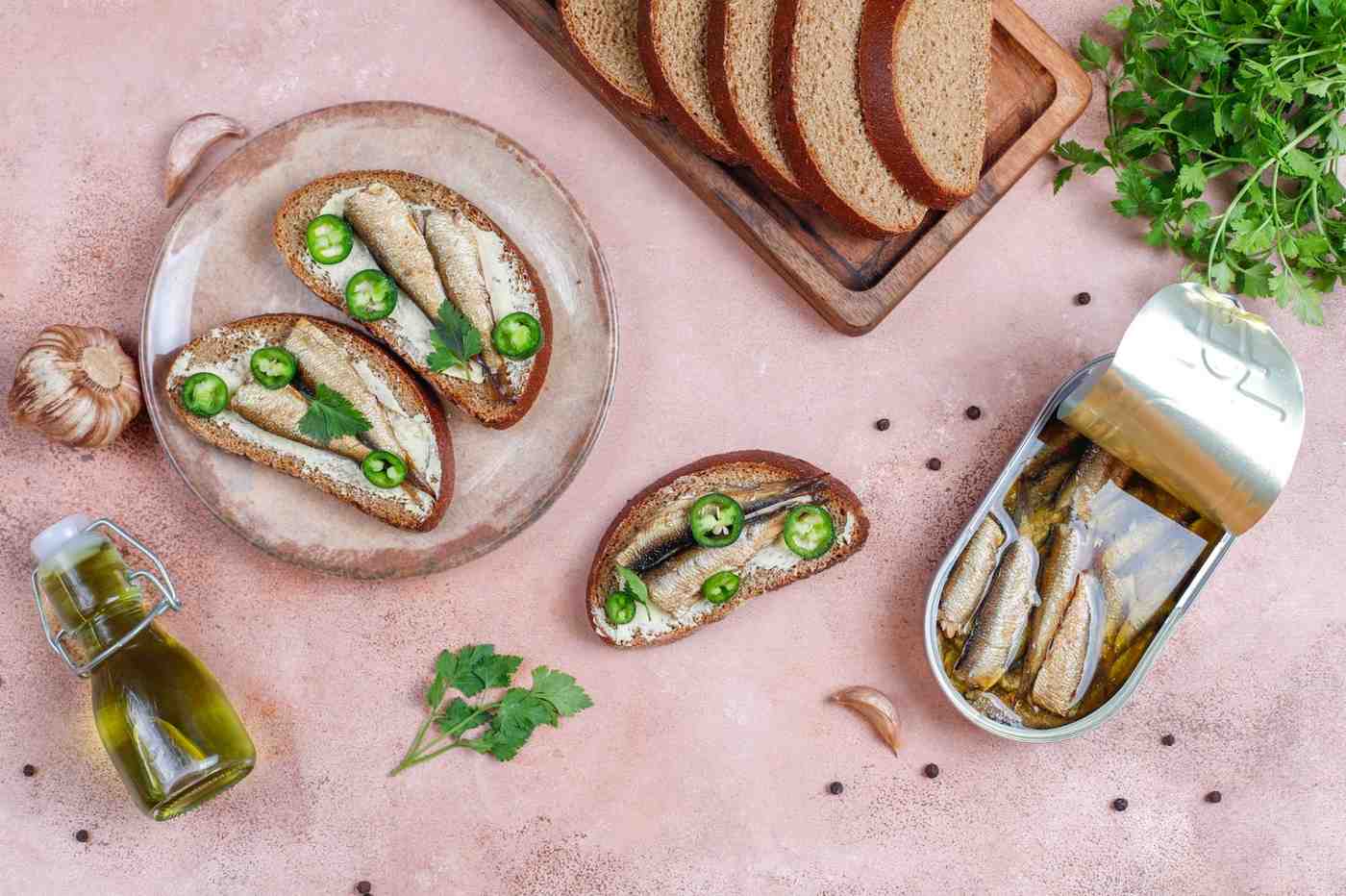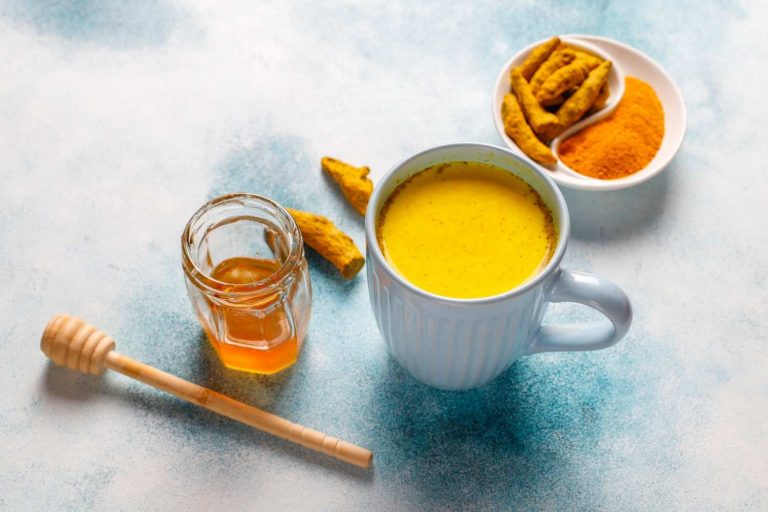Did you know that mackerel is not just a tasty fish but also a powerhouse for your brain? Packed with omega-3 fatty acids, vitamins, and minerals, mackerel can help improve cognitive function and even support mental health. If you’re looking to boost your brainpower while enjoying some delicious meals, I’ve got you covered. Here are five mouthwatering mackerel recipes that are not only easy to prepare but also beneficial for your noggin.
Contents
1. Mackerel Salad with Avocado and Quinoa
Ingredients:
- 1 can of mackerel in olive oil
- 1 ripe avocado, diced
- 1 cup cooked quinoa
- 1 cup cherry tomatoes, halved
- 1/4 cup red onion, finely chopped
- Juice of 1 lemon
- Salt and pepper to taste
- Fresh cilantro for garnish
Directions:
- In a large bowl, combine the cooked quinoa, diced avocado, cherry tomatoes, and red onion.
- Flake the mackerel into the bowl, adding it to the mixture.
- Drizzle with lemon juice and season with salt and pepper.
- Toss gently to combine, and garnish with fresh cilantro.
Why It’s Great for Your Brain:
Quinoa is a complete protein, providing all nine essential amino acids, while avocados are rich in healthy fats that promote blood flow to the brain. The vitamin D and omega-3s in mackerel can also support cognitive function.
Pro Tip:
Feel free to customize this salad by adding other ingredients like spinach, cucumber, or nuts for extra crunch.
2. Spicy Mackerel Tacos
Ingredients:
- 1 can of mackerel in spicy sauce
- 4 small corn tortillas
- 1/2 cup shredded cabbage
- 1/4 cup salsa
- 1 avocado, sliced
- Lime wedges for serving
- Fresh cilantro for garnish
Directions:
- Heat the corn tortillas in a skillet until warm.
- Drain the mackerel and flake it into a bowl.
- To assemble the tacos, layer the shredded cabbage, flaked mackerel, avocado slices, and salsa onto each tortilla.
- Garnish with fresh cilantro and serve with lime wedges.
Why It’s Great for Your Brain:
Spicy foods can enhance mood and cognitive function, and the omega-3s in mackerel are crucial for brain health. Plus, the fiber in cabbage helps maintain a healthy gut, which is increasingly linked to brain health.
Pro Tip:
If you’re not a fan of spice, you can use mackerel in olive oil or another mild variety instead.
3. Mackerel and Sweet Potato Cakes
Ingredients:
- 1 can of mackerel, drained and flaked
- 1 large sweet potato, cooked and mashed
- 1/2 cup breadcrumbs
- 1 egg, beaten
- 1 teaspoon garlic powder
- Salt and pepper to taste
- Olive oil for frying
Directions:
- In a bowl, mix the flaked mackerel, mashed sweet potato, breadcrumbs, beaten egg, garlic powder, salt, and pepper until well combined.
- Form the mixture into small patties.
- Heat olive oil in a skillet over medium heat and fry the patties for about 4-5 minutes on each side or until golden brown.
- Serve with a dollop of Greek yogurt or a side salad.
Why It’s Great for Your Brain:
Sweet potatoes are rich in antioxidants and vitamins that support cognitive function, while the omega-3s in mackerel play a vital role in brain health. This dish is not only delicious but also packed with nutrients.
Pro Tip:
You can bake these cakes instead of frying them for a healthier alternative. Just place them on a baking sheet, drizzle with olive oil, and bake at 400°F for about 20 minutes.
4. Mackerel Pasta with Spinach and Garlic
Ingredients:
- 1 can of mackerel in olive oil
- 8 oz whole grain pasta
- 2 cups fresh spinach
- 3 cloves garlic, minced
- 1/4 cup grated Parmesan cheese
- Olive oil
- Salt and pepper to taste
Directions:
- Cook the pasta according to package instructions. Drain and set aside.
- In a large skillet, heat some olive oil over medium heat and add the minced garlic. Sauté until fragrant.
- Add the fresh spinach and cook until wilted.
- Flake the mackerel into the skillet, then add the cooked pasta. Toss everything together and season with salt and pepper.
- Serve with grated Parmesan cheese on top.
Why It’s Great for Your Brain:
Whole grain pasta provides complex carbohydrates for sustained energy, while the garlic is known for its potential cognitive benefits. The omega-3s in mackerel help support brain function, making this dish a well-rounded meal.
Pro Tip:
Add some cherry tomatoes or olives for extra flavor and color.
5. Mackerel Pâté on Whole Grain Toast
Ingredients:
- 1 can of mackerel in olive oil
- 2 tablespoons cream cheese
- 1 tablespoon lemon juice
- Salt and pepper to taste
- Whole grain bread for toasting
- Fresh dill for garnish
Directions:
- In a bowl, mix the flaked mackerel, cream cheese, lemon juice, salt, and pepper until smooth.
- Toast the whole grain bread slices.
- Spread the mackerel pâté on the toast and garnish with fresh dill.
Why It’s Great for Your Brain:
This quick and easy recipe packs a punch of omega-3s and healthy fats. Whole grain bread is a great source of fiber, which supports overall health and may contribute to better cognitive function.
Pro Tip:
Add some capers or pickles for an extra zing!
FAQs
1. What are the health benefits of mackerel?
Mackerel is rich in omega-3 fatty acids, which are essential for brain health, reducing inflammation, and supporting heart health. It also contains vitamins D and B12, which contribute to overall well-being.
2. How often should I eat mackerel for brain health?
While there’s no one-size-fits-all answer, incorporating fatty fish like mackerel into your diet at least twice a week is generally recommended for optimal brain health.
3. Can I use fresh mackerel instead of canned?
Absolutely! Fresh mackerel can be grilled, baked, or pan-seared and used in any of the recipes above. Just make sure to adjust cooking times accordingly.
4. What’s the best way to store leftover mackerel dishes?
Store leftovers in an airtight container in the refrigerator for up to three days. Reheat thoroughly before eating.
Conclusion
Incorporating mackerel into your diet is not only a delicious way to enjoy meals but also a smart choice for your brain health. With these five recipes, you can easily add variety to your meals while reaping the benefits of omega-3 fatty acids and other essential nutrients. Whether you whip up a salad, tacos, or a quick pâté, you’ll be treating your brain to some much-needed TLC.
So, why not give these recipes a try? Your taste buds (and your brain) will thank you!
Disclaimer: This article is for educational purposes only and is not a substitute for professional medical advice. Always consult a qualified healthcare provider before making changes to your health routine.
References
- Mackerel, B. (2020). Health benefits of omega-3 fatty acids. Journal of Nutritional Science, 9(1), 1-10. https://www.cambridge.org/core/journals/journal-of-nutritional-science/article/health-benefits-of-omega3-fatty-acids/
- Mayo Clinic. (2022). Omega-3 fatty acids: Sources and benefits. Retrieved from https://www.mayoclinic.org/healthy-lifestyle/nutrition-and-healthy-eating/in-depth/omega-3-fatty-acids/art-20045578
- National Institutes of Health. (2021). Omega-3 fatty acids. Retrieved from https://ods.od.nih.gov/factsheets/Omega3FattyAcids-HealthProfessional/
Get Your FREE Natural Health Guide!
Subscribe now and receive our exclusive ebook packed with natural health tips, practical wellness advice, and easy lifestyle changes, delivered straight to your inbox.




